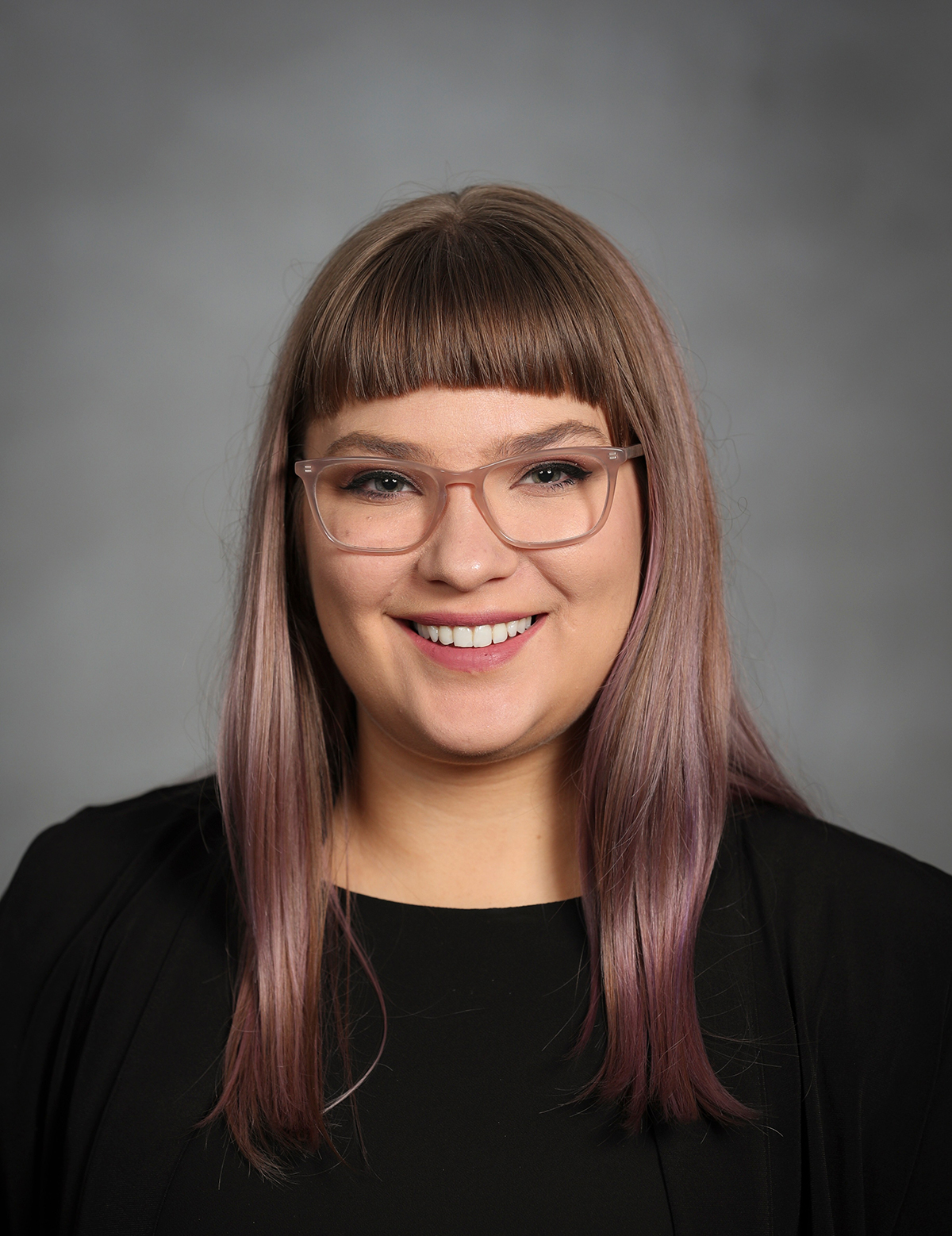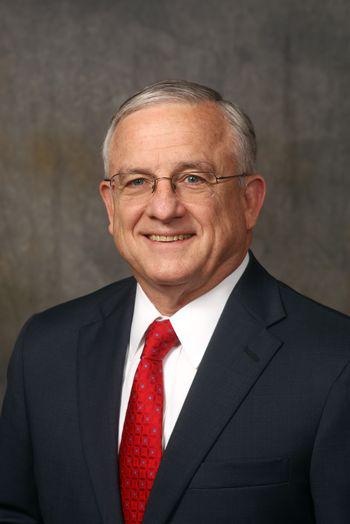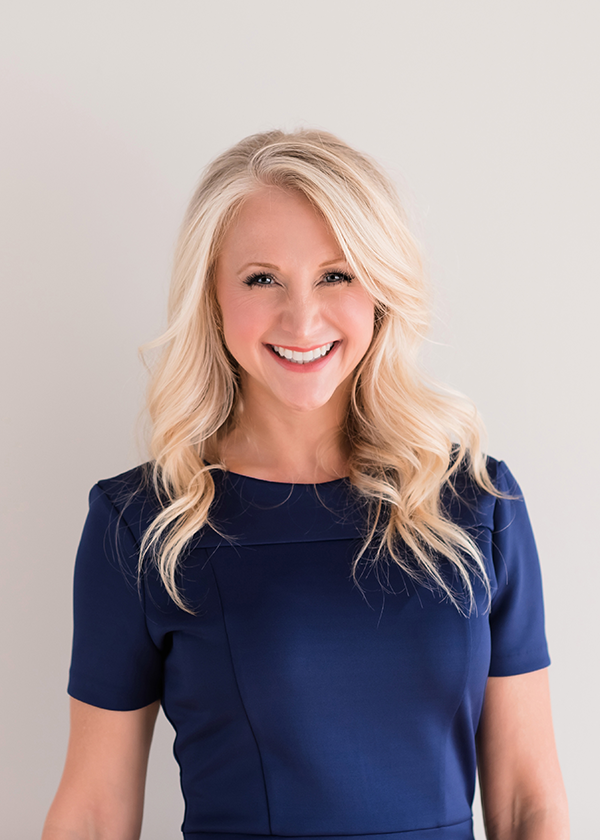Invest In Yourself and Hone Your Craft
Method Conference Springfield, MO is an immersive one-day conference with 6 sessions, workshops and keynote with an intense focus on digital development, design, UX, content, code, and more.
COMING SOON.
COMING SOON.
SwiftUI is one of the most important developments within Apple's ecosystem since the arrival of the Swift programming language. Even though the nascent framework isn’t without several shortcomings, it pays to take it seriously from the outset if you want to gain a better insight into the direction Apple is taking us. The challenge? Almost everything is new. We no longer construct interfaces with an imperative approach - it’s now declarative. This means we now describe all the states our interface can be in, and let SwiftUI handle all of the rest. Further, it relies heavily on another new Apple framework, Combine. Using Combine, SwiftUI opens up a whole new world of reactive programming paradigms, where state is no longer as much of an issue as it used to be. The syntax is also different from anything we’ve seen from Swift. That’s because Swift 5.1 leverages new language capabilities such as property wrappers and function builders to allow for SwiftUI to express itself in a natural way. Lastly, SwiftUI is cross platform to Apple’s ecosystem. That doesn’t mean we can write once and run anywhere, it means we can learn once and apply everywhere. We’ll take a look at what that really means in practice. If SwiftUI has piqued your curiosity, join me to get the high level view in this talk which answers what it is, the technology that makes it possible and how it works across each of Apple’s operating systems.

Because this is an emerging field, tools and technologies discussed will include suggestions for those new to data analysis or programming as well as those with advanced skill, with a common-sense approach. To demonstrate the high applicability and marketable nature of data science skills, examples related to benchmarking and code profiling as well as select market research questions will be given. Topic points will generally align with the structure of a data analysis project, from start to finish.
First, common sources of data and data types along with the technologies used to process them will be introduced. A brief review of the normal distribution curve with a simple explanation on how statistical estimates are derived will be provided. The talk will distinguish between predictive and descriptive statistics, as well as higher level data modeling including machine learning (e.g. classification, regression, and dimensionality reduction techniques). Finally, data visualization types and tools will be presented, with characteristics of poor visualizations or poor data strategy to be aware of in considering analysis from others or in your own work.
It’s 2020 & developers have a lot of choice in how to build for mobile form factors. However, mobile strategy needs to be driven by type of app, platform reach, developer expertise and need for code reuse. Is the Cordova hybrid route still an option? Have PWAs matured enough to prove the web as a distribution medium? What are key factors that demand native mobile apps for iOS/Android/UWP? Developers also want to leverage preferred technology stacks - .NET or JavaScript. Is Xamarin the solve-it-all for .NET mobile development? How do NativeScript & React Native fare for JS Native apps? How does WebAssembly play in the mobile space? What could developers achieve with Flutter or Uno Platform? The goal is to make truly cross-platform mobile apps - from single code base with easy code sharing. With native API access & matured tooling everywhere, the choice of technology stack should not be scary. Let’s recap options, glimpse into the future and equip ourselves to build amazing mobile apps.
Build and publish a AR experience in minutes - completely for free - that can be immediately accessed by 3.45 billion active users. Absolutely no scripting needed and no previous knowledge required. All beginners welcome.
This will essentially be two talks in one - the first piece will be around what Spark is, where it started and how I became involved, what sets it apart from other AR ecosystems, and why Facebook cares about it so much. The next will be a workshop where we build two effects together - one using a dynamic face mesh and the other using image target tracking. After that is simply a general discussion and Q&A.

This lunch-and-learn opportunity will provide a basic overview of intellectual property, especially patents, and how it relates to the software and information technology space.
I built Laravel Vapor because I never wanted to think about servers again. Ever. In this talk, I explain the core concepts of serverless architecture as well as demonstrate Laravel application deployment using Vapor.
Session sponsored by: Logic Forte

4,495 days. That’s 12 years, 3 months & 22 days. That’s how long I worked at Google, was a Googler - a nickname I loved from Day One in September 2006 when I started at a growing search engine with fewer than 10,000 employees.
Way back in 2002, as I was preparing to graduate from SMSU (ok, fine, I’ll call it MSU), I had big dreams for my future - but they never expanded to the size of what my reality became: working at the number one company in the US.
Throughout my 12-year journey at Google, it truly was a dream come true.
I grew up alongside Google, as it expanded to include world-wide phenoms like YouTube, Android, Chrome, DoubleClick (and even some of the less stellar attempts like Wave and Buzz…). I was a Googler when Fortune first named Google the #1 company in the US - even being in a photoshoot that later made it into the magazine article.
I worked with the best and brightest, most kind and compassionate people I’ve ever met. I walked the halls of Google X and had meetings with the creators of major Google products. I helped some of the smallest businesses grow and led partnership strategy for some of the world’s largest brands.
And yet, despite my love affair with the company and being so proud to work there, after 12 years, I left - as a single mom with 2 little kids and no financial support.
Will my talk be demonstrative and tech-specific? I have to be honest: No, I can’t teach your audience new technical skills. Instead, by sharing my inspiring story and the lessons I learned as a Googler, I will give your teams the tools to enable real change, be more authentic, have deeper connections, and overall better well-being, leading to greater innovation, increased productivity and stronger performance at work and at home.
Session sponsored by: WWT

Come learn about Microsoft’s newly rebranded Massively Parallel Processing (MPP) SQL based data warehouse technology called Synapse. We will go over the tech, how it works and how to best take advantage of it, including an amazing new feature called PolyBase. In additional, we’ll be trying to cram in Randy’s SQL scripting techniques, that’s normally given in its own presentation (assuming time allows).
Session sponsored by: Added Innovation

During the dawn of times, tables and floats used to rule the responsive web world. But thanks to Flexbox and Grid, we now have advanced capabilities in laying out complex web pages. Now why is there Flexbox and why is there Grid? Well Flexbox is a set of CSS properties used to align elements. It allows for a one-directional layout where the parent’s children are altered to best fill their parent’s space. Grid, however, is the new kid on the block. It keeps two dimensions in mind all at once. This being columns and rows. Grid has offerings that help to solve more layout problems then you can shake a stick at. But, since it is so new, support can be a little tricky. We will go over the different properties that makes each tool so great and how it should be utilized in various layouts. There will be a live demo where we will use Flexbox to create a specific layout followed by a live demo utilizing Grid to create a more complex layout.
For the Demo: Create an Account in CodePen. Make sure you are connected to the Wifi on the day of the event. We will be forking a project I have already started for the demonstration. Reading Material: CSS Tricks - https://css-tricks.com/snippet... & https://css-tricks.com/snippet...
Workshop sponsored by: Mostly Serious
One on one Q & A with Katie where we'll talk with her about everything leadership, engineering, remote work and more!

This lunch-and-learn opportunity will provide a basic overview of intellectual property, especially patents, and how it relates to the software and information technology space.
COMING SOON.
COMING SOON.
There is free on-site parking at the event location.
All attendees, speakers, sponsors and volunteers at our conference are required to agree with the following code of conduct. Organizers will enforce this code throughout the event. We expect cooperation from all participants to help ensure a safe environment for everybody.
Read ItConferences costs money, and we are fully committed to being transparent with our finances to our sponsors and attendees.
See It On Github